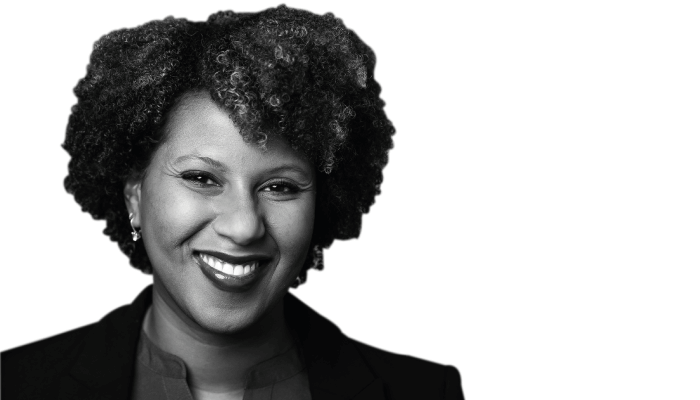
As of today, there is no cure for Alzheimer’s disease (AD). Historically, Black people and other ethnic minorities have been underrepresented in clinical research. We have a duty to ensure that our greatest advances in scientific research are for the benefit of all. These statements, at least in my view, are simple facts. Therefore, excluding minority groups from Alzheimer’s research is not only a disservice to them, but to the entire population, because it means we do not have a complete understanding of the disease. If we want to get serious about finding a cure for AD, we need to ensure we’re including representative samples in our clinical studies.
Of course, this holds true across many different research areas, but our group’s focus – and my expertise – is in AD. In recent months, we’ve focused a lot of effort on understanding the proteomic and lipidomic influences of AD across underrepresented groups – and it has become apparent that we have many challenges still to overcome in ensuring that clinical research is truly representative.
First, we need to ensure that everyone values true representation in their study populations. This may seem obvious to some, but the lack of diversity still seen in many cohorts would suggest that not all research communities agree. To start with, we should look at cohorts’ diversity and ask whether they are inclusive. Some progress has been made with certain funding agencies, such as NIH, recognizing the importance of this work and trying to move toward equity in research – but there is still much more to be done to understand how systemic racism impacts our ability to perform outstanding clinical research.
I believe it is imperative that diversity, inclusion, and equity are built into the peer review process. We might have trainees from diverse backgrounds, but we need to ensure that work that is creating inclusive studies is valued and supported. We also need to recognize that there is some way to go to rectify issues of the past (for instance, current discrepancies with the level of funding and support available to researchers interested in doing diversity and inclusion work). To support this effort, I believe there should be more accountability within these processes; we should be asking people to justify the lack of diversity in their cohorts and to contribute to making their studies more representative.
Second, even if you do want to have diverse cohorts, you need to identify enough biospecimens from minority groups. I’m involved in encouraging research participation among different population groups – African Americans in particular. We need to improve educational awareness and share with our communities the importance of research overall, but especially with respect to disparities faced by particular communities.
One way we are trying to do this is through sharing positive messaging around research participation within the African American community. Until now, we’ve focused mostly on negative messaging and the barriers to research and not on facilitating that research. To counteract this, we try to capture authentic (and positive) messages from people who have participated in studies, and highlight why they did so. We then include these stories in resources that are handed out at various centers recruiting participants for clinical research. We are also running a social media campaign and have created videos that can be used in outreach events, community settings, doctors’ offices, and more. The idea behind all of this is to see whether this particular approach to storytelling is more effective than traditional (passive) approaches to recruiting people.
Clearly, much work still remains to ensure that the research community is undertaking truly inclusive studies and to fully understand the disparities present in AD. It’s simply not possible to see the complete picture of this disease if we don’t understand how it works – in everyone.




